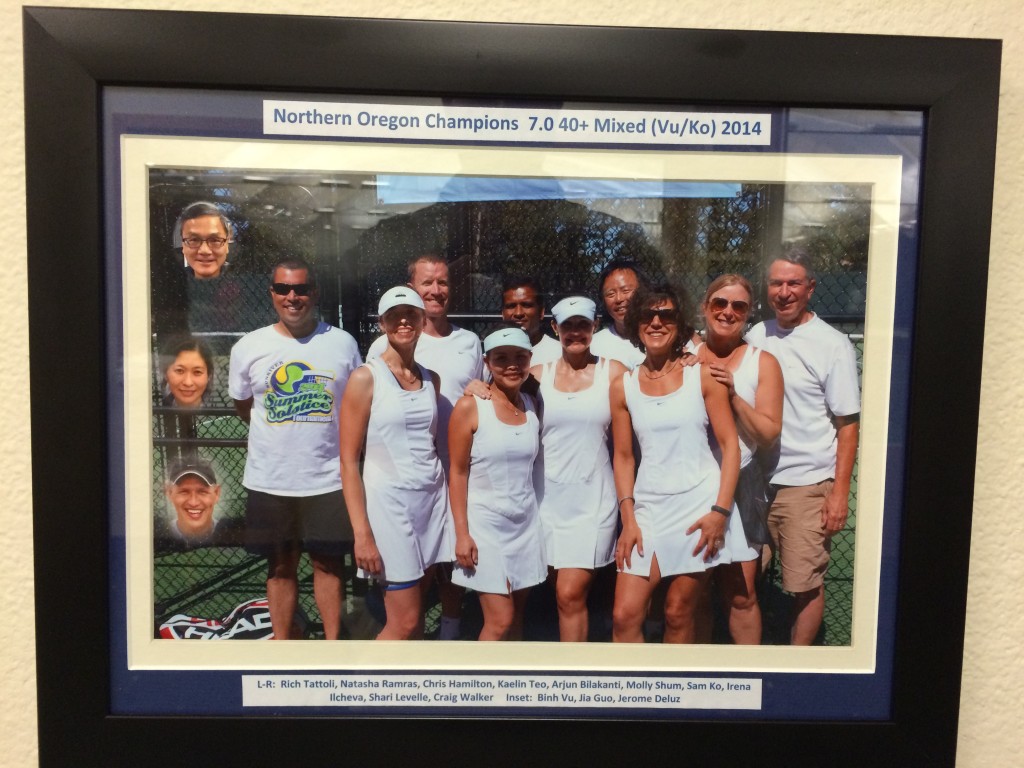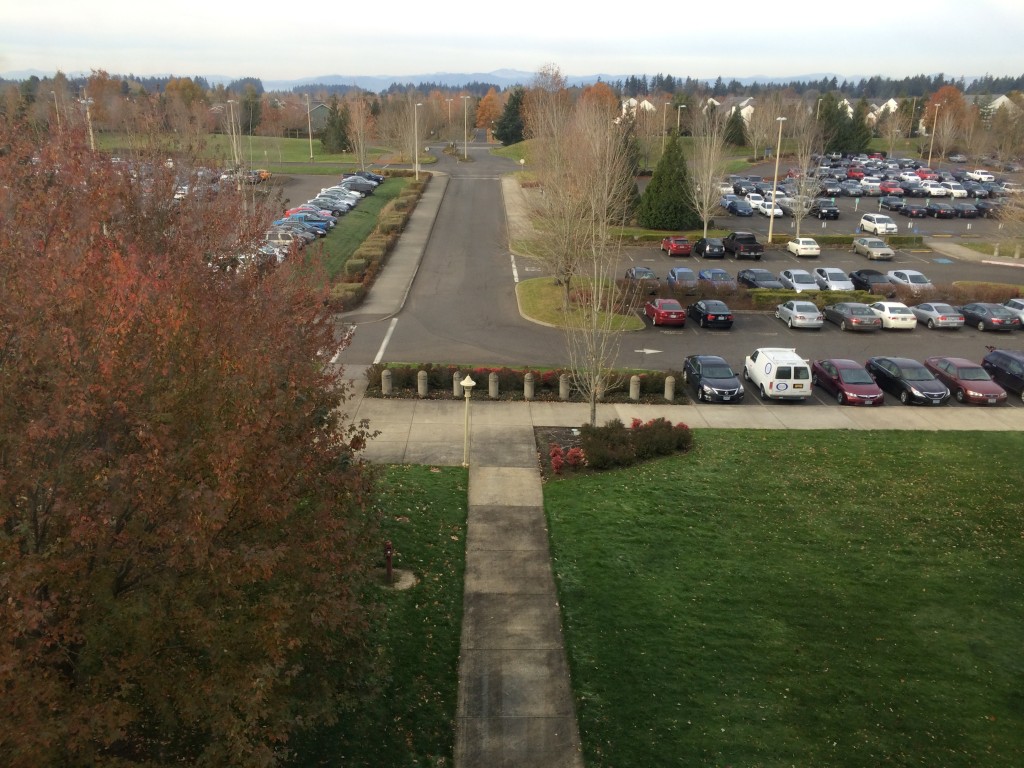I recently read a book entitled “The Emperor of All Maladies: A Biography of Cancer”, by Siddhartha Mukherjee. While not a page turner, and certainly not an upbeat subject matter, I found the book to be incredibly interesting. In our time and place it seems like cancer certainly is the “emperor” of diseases and misfortunes, as it has touched pretty much everyone in one way or another, and is a most feared and loathsome malady.
The book relates how few examples of cancer can be found in ancient literature, and even in recent centuries cancer has been overshadowed by much more prevalent diseases, such as tuberculosis, cholera, the plague, child birth, infections, and more. Cancer afflicts the aged, and now that longevity has increased dramatically, so has the prevalence of cancer.
While science and medicine have made so many profound advances in understanding and treating so many illnesses that afflict us, cancer remains a tough nut to crack. Surgeries, radiation treatments, and chemotherapy have been the tools most often used, and some cancers have seen dramatic improvements in cure rates the past few decades. Lifestyle changes are also having a positive impact, with avoidance of cigarette smoking, for instance. Screenings for early detection are also helpful.
Most recent research has focused on gene/DNA/chromosone theories for causes and treatments, and we remain near the starting line for effective cures for many cancers.
The book does relate some dramatic cases where individuals with terminal cases were miraculously cured during experimental trials of a new chemo or genetically engineered drug. It also touches on the controversy about drug testing, controlled trials, and the scientific and ethical dilemmas about broadening the availability of experimental drugs to terminally sick patients clamoring for any possible cure.
Parts of the book talk about the extensive lab research and testing, especially during the search for effective drugs. I couldn’t help but think I would have enjoyed a career in that side of the medical profession. It also gives me a better appreciation for the research and development costs of drug companies, and why medicines are so expensive (and patents warranted).
While cancer avoidance, detection, treatments and cures are better now than ever, let’s hope for even more dramatic improvements for the next generation.











